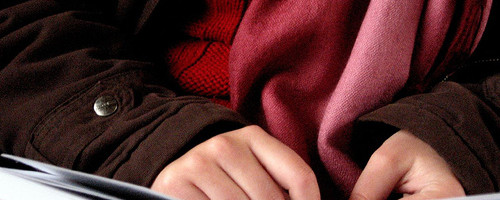
Pinpointing Reading Disabilities to Help Students Succeed
Reading disabilities exist. Research in neuroscience is showing this to be true, and public schools and special education should be on the front lines working to remediate these deficits and helping children to adapt so they can be successful in school.
One serious drawback for students with disabilities, in the one-size-fits-all class, is that they could stumble along, frustrated, without ever having their problems identified or remediated. This could prove to be a setback when they get to college—or be a hindrance for them getting into a good college.
Dyslexia, an inability to make sense of letters and words, has been getting a lot of attention lately. It has become something of a catch-all topic in regard to learning disabilities. Certainly, students with dyslexia would benefit from a resource class with a special education teacher who understands the difficulties dyslexia presents. I know parents who do not feel their children are being adequately served in school when it comes to dyslexia. They often turn to outside programs or resources for help.
But dyslexia isn’t the only learning disability that may fall under the radar screen or where students in school lack services. There are more and different disabilities besides dyslexia.
Two years ago Chaired Professor Laurie E. Cutting, a scientist from Vanderbilt, described an overlooked disability—Specific Reading Comprehension Deficits, or S-RCD. Students with S-RCD might appear to read O.K., on the surface, but they find it difficult to understand what it is they read. Getting special help, once this disability is identified, could be the key to a student’s future success.
What was interesting about Cutting’s and her co-researchers’ study, was that by examining MRIs and other neurobiological markers, they found differences between reading comprehension disabilities and dyslexia. Here is what they said:
Researchers have been able to pinpoint brain activity and understand its role in dyslexia, but no functional magnetic resonance imaging or fMRI studies, until now, have examined the neurobiological profile of those who exhibit poor reading comprehension despite intact word-level abilities.
Neuroimaging of children showed that the brain function of those with S-RCD while reading is quite different and distinct from those with dyslexia. Those with dyslexia Pinpointing Reading Disabilities to Help Students Succeed:
